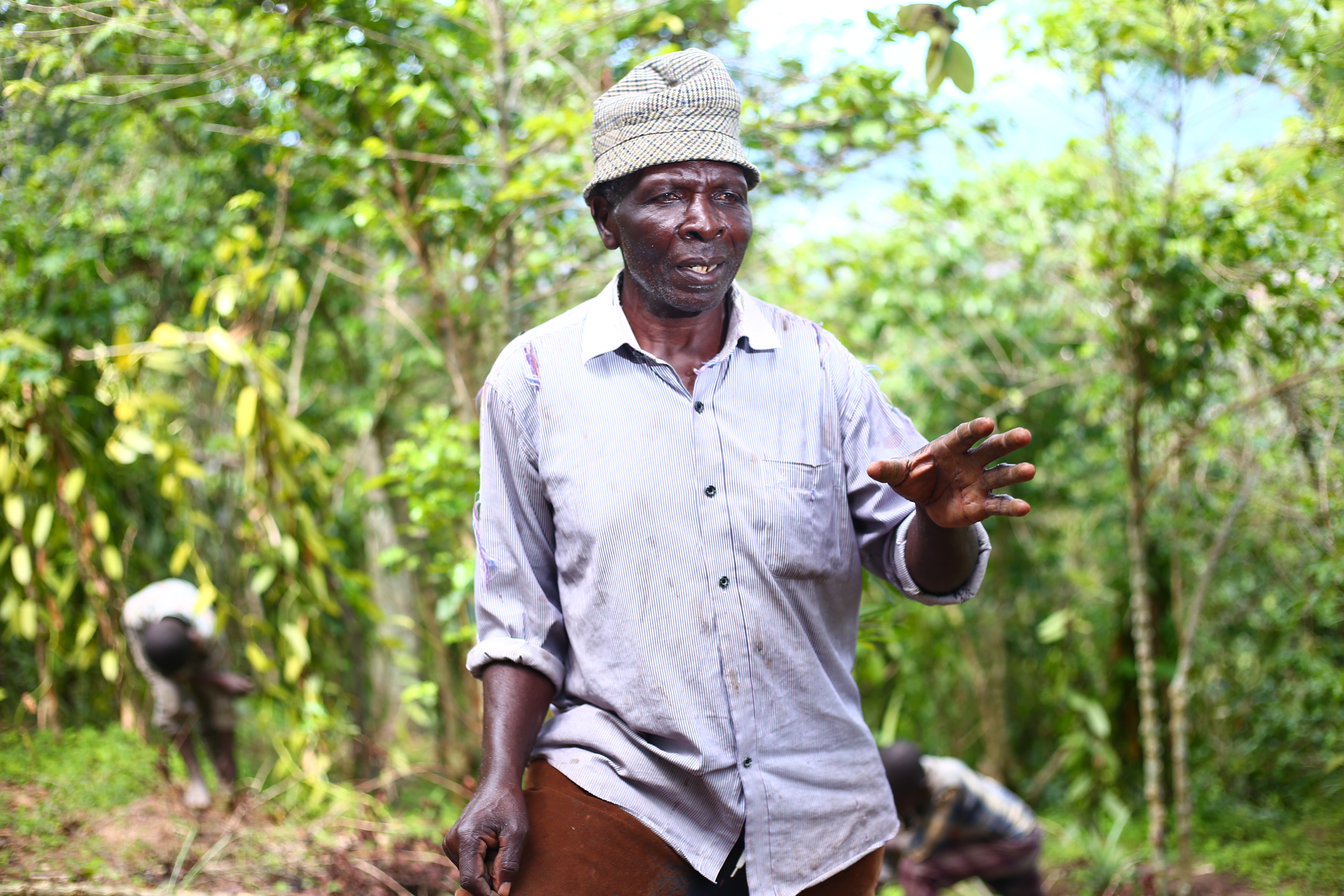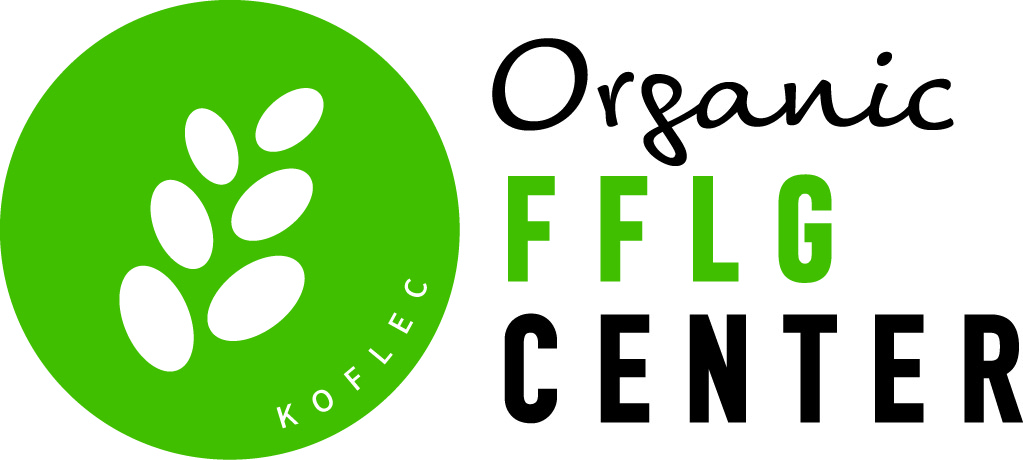Change stories from farmer family learning groups
The ESFROMA development program has reached more than 100,000 people. Below we bring you stories of change from some of these. Stories stating how the FFLG approach is improving food security, livelihood, democratic participation and gender equality for the participating small-scale family farmers.

So says Simon, an old man that met his fortune late in life by joining the Organic FFLG. Meet him and other voices from smallholder farmer families, for instance Julian the middle-aged woman whose family is planning together to optimise their resources, Aloysius who is known in his community for securing food nutrition in his household and overcoming the pain of hungry crying children or Caroline who worked with her FFLG to lobby government and brought services to the rural people.






